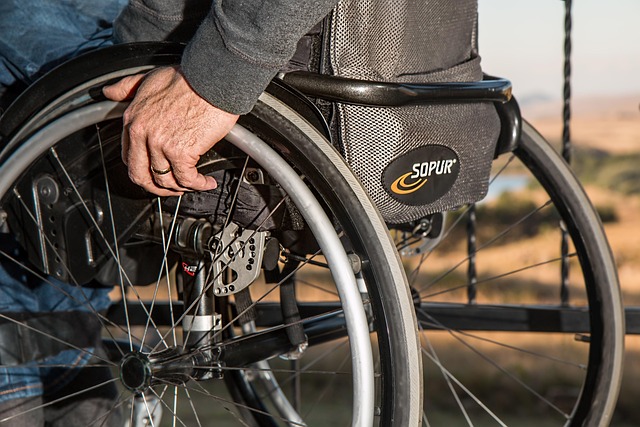When we think of building strength, our minds often gravitate toward lifting weights, performing high-intensity activities, or pushing our limits in various kinds of workouts. However, an essential element that deserves as much attention is flexibility. Flexibility is often underestimated in the realm of fitness and training, yet it serves as the backbone for achieving sustainable strength and overall health.
Flexibility enhances our ability to engage in various activities and maintain an active lifestyle. It’s not just about being able to touch your toes; it’s about providing your body with the ability to move freely through different ranges of motion, which is crucial for maximizing your performance during workouts. Through dedicated stretching and mobility exercises, we cultivate a dynamic strength that allows us to tackle fitness challenges with confidence.
A proper warm-up, inclusive of flexibility exercises, prepares your body for training. It elevates your heart rate and increases blood flow to your muscles, which significantly reduces the risk of injury. This aspect of health is crucial for anyone looking to engage in physical activity, as an injury could sideline you for weeks or even months. On the other hand, a flexible body can adapt better, recover faster, and perform longer.
Incorporating activities like yoga or Pilates into your training regime can significantly improve your flexibility. These practices focus on balance, breathing, and core stability while elongating the muscles. Not only will this help improve your flexibility, but it will also enhance your strength, allowing your muscles to work more effectively. Imagine executing squats with deeper ranges or integrating powerful movements like deadlifts and cleans with greater ease and precision simply because your muscles are more elastic and responsive.
Moreover, enhancing flexibility through regular stretching not only aids in physical performance but also contributes to mental well-being. The focus and discipline required for flexibility training can lead to mindful moments that rejuvenate the mind and spirit. As you work to increase your range of motion, you’ll find yourself feeling more centered and balanced, which can have profound effects on your overall health.
In our pursuit of strength, we must also acknowledge the role of recovery. Proper recovery allows your body to rebuild stronger muscles and improve overall flexibility. Techniques like foam rolling, dynamic stretching, and even rest days help prevent stiffness, preparing your body for the next round of activities. These aspects reinforce the idea that flexibility is not merely an add-on to strength training, but a vital factor that supports endurance, decreases tension, and keeps us engaged and active.
As you embark on your journey to unlock your potential, remember that flexibility is a key player in your fitness story. It’s not just about how much weight you can lift, but how well you can move and adapt to challenges. By embracing flexibility as a fundamental component of your fitness routine, you are setting the stage for a healthier, stronger, and ultimately more fulfilling journey in your health and activity pursuits.



